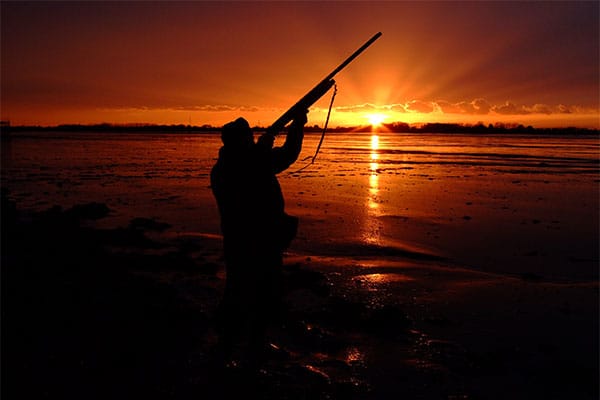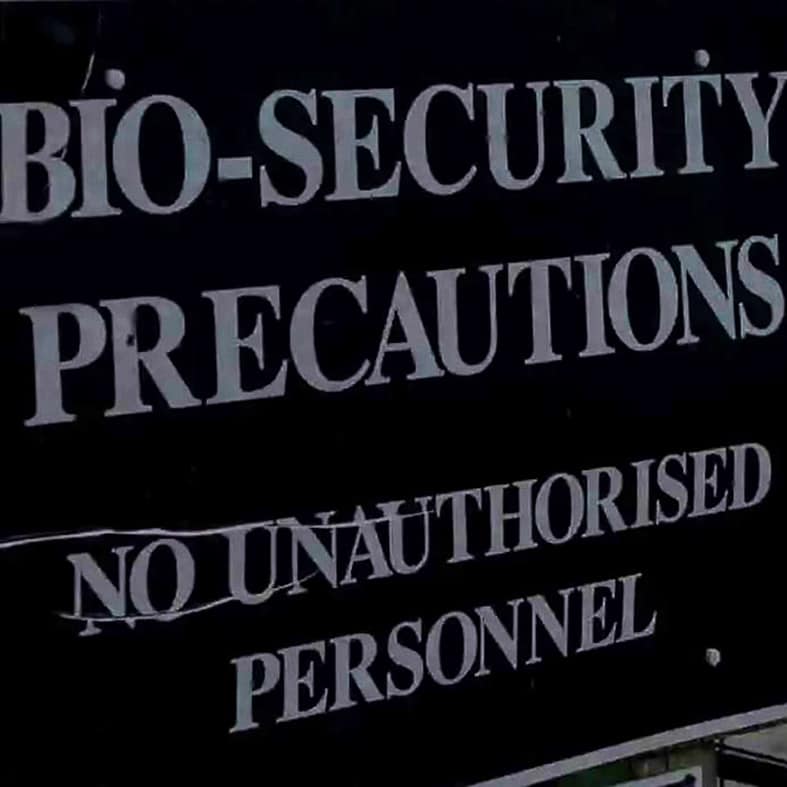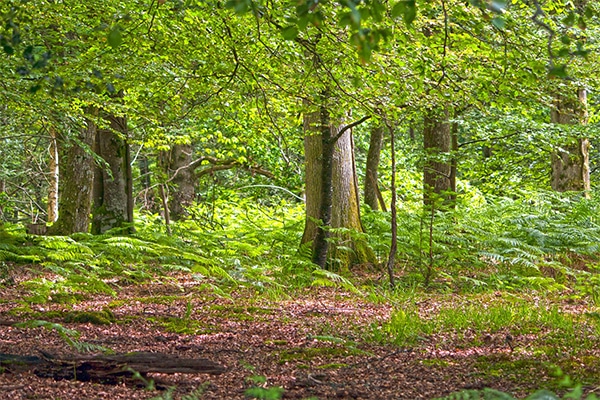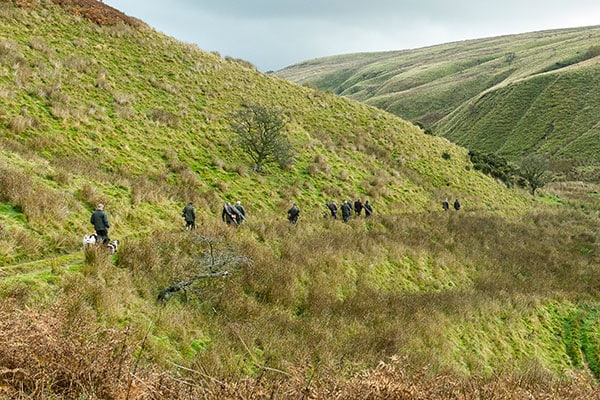
Sustainable Shooting Code of Practice
Read our code of practice on shooting wildfowl, waders and rail species sustainably in England, Scotland and Wales.
Get information on the legal shooting season for mammals and birds in the UK.
Apply for funding for your project or make a donation today
Comprehensive information and advice from our specialist firearms team.
Everything you need to know about shotgun, rifle and airgun ammunition.
Find our up-to-date information, advice and links to government resources.
Everything you need to know on firearms law and licensing.
All the latest news and advice on general licences and how they affect you.


Home » Gamekeeping » Gamekeeping advice » Biosecurity: shooting and the countryside
Biosecurity refers to all the measures taken to minimise the risk of infectious diseases caused by viruses, bacteria or other microorganisms entering, emerging, establishing or spreading as a result of our actions.
Good biosecurity helps to ensure the overall health of the wider environment, protects individual species and can help maintain the health of your gamebirds.
In terms of gamebird rearing and releasing, the Animal Plant and Health Association (APHA) has identified that the most important factor in reducing the impact of avian influenza is good biosecurity, practised and applied properly. These same practices also help to stop the spread of other diseases including mycoplasma, coccidiosis and hexamita.
The measures put in place to mitigate potential risks also help to limit the spread of alien invasive species that can cause serious environmental problems.
You can do your bit to help to protect the environment, your season ahead and the future of shooting sports by undertaking some relatively small steps, such as checking, cleaning and drying your kit regularly.
Both disease and invasive alien species (IAS) can be spread in a number of ways including, but not limited to:
As shooters and countryside users, we can all play our part in maintaining good biosecurity, reducing the potential risk of transmission of both diseases and IAS:

Read our code of practice on shooting wildfowl, waders and rail species sustainably in England, Scotland and Wales.

Current government targets aim to increase woodland cover in order to improve carbon capture, connectivity and biodiversity across the landscape.

To secure your shooting opportunity, BASC strongly recommends that you take out a lease or shooting agreement with your landlord.